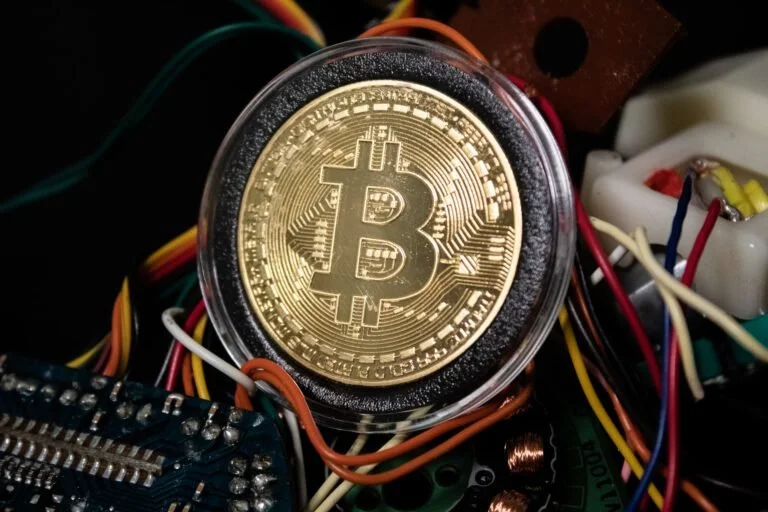Words of wisdom quoted on this day in history …
Market Update
Bobo
TLDR: Bitcoin is trading sideways after a recent dip. It's a stable moment, with support around $60k-$69k. If you're already DCA'ing, now might be a good time to increase your buys – less risk, potential for future gains.
#BTC #Macro #Bitcoin

News
Bobo
Bitcoin is under performing Gold right now because Central Banks are buying Gold as a safe haven in uncertain times. They're sticking with what they know – and most decision-makers at these institutions don't understand Bitcoin yet. This isn’t a bad sign for Bitcoin’s future, but means we need patience as understanding and adoption grow over time.

Looking for great free content, subscribe to our newsletter
Recent Blogs










